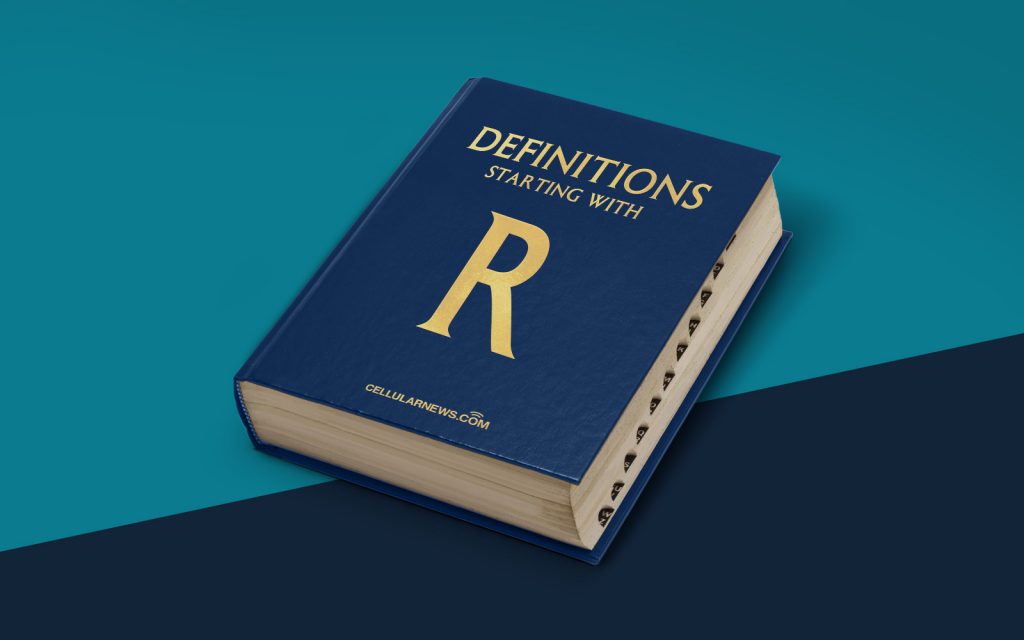
What is Rosetta? A Definitive Guide
Welcome to another installment of our “Definitions” series, where we dive deep into various topics to provide you with clear and concise explanations. Today, we are demystifying the concept of Rosetta. If you’ve come across this term and wondered what it actually means or how it relates to your interests, you’ve come to the right place.
Key Takeaways:
- Rosetta is an open-source project developed by Facebook that enables translation and cross-lingual understanding of text using advanced machine learning techniques.
- It has a wide range of applications, including improving machine translation, training chatbots, analyzing sentiment across different languages, and more.
Now, let’s delve into the fascinating world of Rosetta and explore its significance in today’s digital landscape.
Understanding Rosetta:
At its core, Rosetta is an innovative framework developed by Facebook’s Artificial Intelligence Research (FAIR) team. Its main objective is to bridge language barriers by developing robust models for the translation and understanding of text in different languages. This groundbreaking project relies on state-of-the-art machine learning algorithms to achieve its goals.
Rosetta serves as an essential tool in the field of natural language processing (NLP) and has wide-ranging applications across various industries. Here are a few key takeaways:
- Rosetta plays a crucial role in improving machine translation systems. By extracting vast amounts of multilingual data available on the web, it aids in training models that can accurately translate text between different languages. This enables better communication and understanding across borders.
- With the rise of social media platforms, analyzing and moderating content in multiple languages has become a challenging task. Rosetta helps in detecting and filtering harmful or inappropriate content, ensuring a safer online environment for users worldwide.
Furthermore, Rosetta contributes to the advancement of sentiment analysis across languages. By understanding the nuances of different cultures and languages, it assists in deciphering emotional context, allowing businesses and individuals to gain insights into customer feedback, social media trends, and more.
More than just a language translation tool, Rosetta is empowering developers to build innovative applications and services. Its open-source nature encourages collaboration and allows for continuous improvement by the developer community.
As the digital landscape continues to evolve, Rosetta stands as a powerful tool in breaking down language barriers and fostering cross-cultural communication. Whether it’s enhancing language translation systems, ensuring online safety, or driving sentiment analysis, Rosetta is paving the way for a more connected and inclusive world.
The Future with Rosetta:
The ongoing development of Rosetta holds great promise for the future. Its applications are continually expanding, making it a vital technology across industries. Whether it’s aiding global businesses in localizing their content or assisting researchers in analyzing trends and sentiments on a global scale, Rosetta has the potential to revolutionize how we understand and interact with language.
As technology progresses and the world becomes increasingly interconnected, Rosetta’s capabilities will undoubtedly grow. With continuous research and advancements in machine learning, we can expect even more powerful and accurate language interpretation tools.
Conclusion:
Rosetta, the open-source project developed by Facebook, is revolutionizing the way we understand and interact with different languages. Its applications extend beyond translation; it helps improve machine translation systems, aids in content moderation, enhances sentiment analysis, and more.
With Rosetta, language barriers become less of a hurdle, opening up new possibilities for global communication and collaboration. As the project continues to evolve, we can look forward to seeing how Rosetta reshapes our digital landscape and enhances our understanding of languages worldwide.
